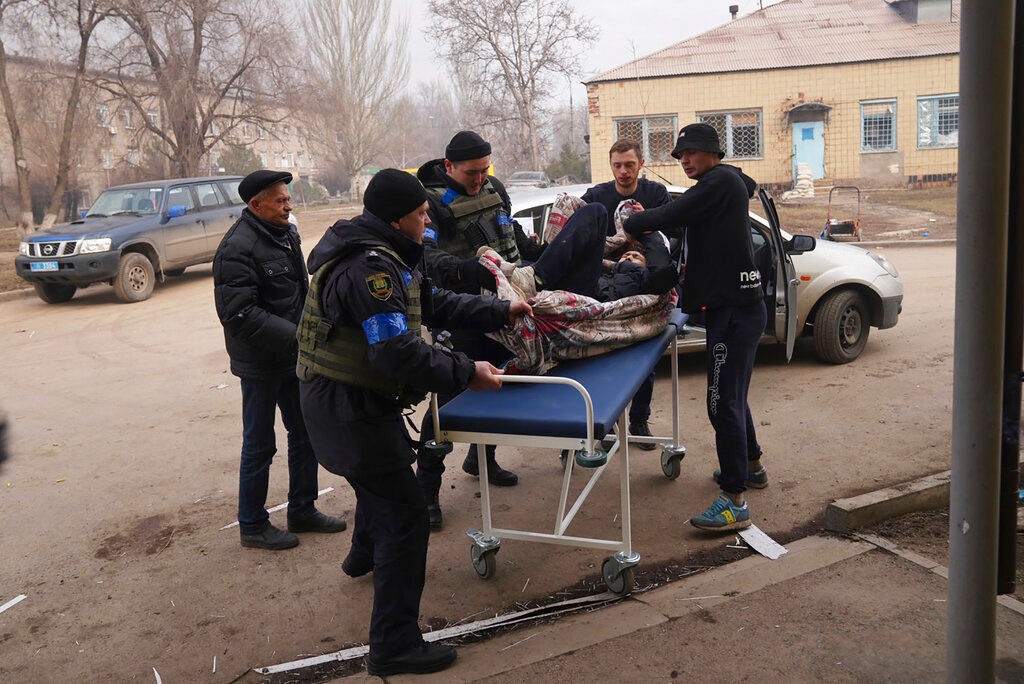Russia’s Ministry of Justice on Friday announced that it had revoked the licenses of 15 offices of international NGOs, including those of Human Rights Watch (HRW), Amnesty International, and the Carnegie Endowment for International Peace.
The aforementioned NGOs “were expelled after they were found to be in breach of the current legislation of the Russian Federation,” said the justice ministry in a statement, without furnishing details about the alleged breaches of Russian laws.
Commenting on Moscow’s decision, Amnesty released a strongly worded statement, saying, “Amnesty’s closing down in Russia is only the latest in a long list of organizations that have been punished for defending human rights and speaking the truth to the Russian authorities.”
Also read | ‘For the children’: Text found on missile used in Kramatorsk station attack
“In a country where scores of activists and dissidents have been imprisoned, killed or exiled, where independent media has been smeared, blocked or forced to self-censor, and where civil society organizations have been outlawed or liquidated, you must be doing something right if the Kremlin tries to shut you up,” the Amnesty statement added.
HRW issued a similar, but shorter statement, saying, “The ministry’s statement referred vaguely to Russian legislation, but there is little doubt the move was in response to our reporting on the war [in Ukraine].”
Also read | Russia lowers interest rate, props up ruble in order to reach pre-Ukraine war level
Moscow’s move to ban international NGOs from Russian soil comes amid emerging allegations of rape and executions by Russian forces, which, incidentally, the HRW recently reported on.
Alleged war crimes in Ukraine “include a case of repeated rape; two cases of summary execution, one of six men, the other of one man; and other cases of unlawful violence and threats against civilians between February 27 and March 14, 2022,” the independent human rights watchdog had said days ago.
HRW had earlier also reported on Russia’s use of banned cluster munitions against civilians in Ukraine, which it said could amount to war crimes.







